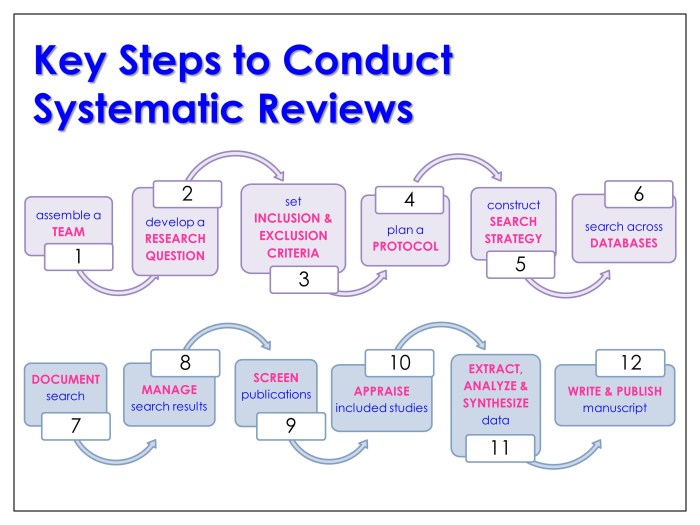A researcher is conducting a study of charitable donations, delving into the multifaceted world of philanthropy to unravel the motivations, patterns, and impact of charitable giving. This study aims to shed light on the factors that influence individuals’ decisions to donate, the types of donations made, and the broader societal implications of charitable giving.
Charitable donations play a crucial role in addressing social issues, supporting vulnerable populations, and fostering community development. Understanding the dynamics of charitable giving is essential for maximizing the impact of these donations and ensuring the ethical and effective use of charitable funds.
Donor Demographics
Charitable donations are influenced by a range of demographic factors. Age, income, education level, and gender all play a role in shaping donation behavior.
Older individuals tend to donate more than younger individuals. This may be due to increased wealth and a greater sense of social responsibility.
Higher income earners are more likely to donate than lower income earners. This is likely due to having more disposable income.
Individuals with higher education levels are more likely to donate than those with lower education levels. This may be due to a greater understanding of the importance of giving back.
Women are more likely to donate than men. This may be due to differences in socialization and gender roles.
Motivations for Giving: A Researcher Is Conducting A Study Of Charitable Donations
People donate to charities for a variety of psychological and emotional reasons. Altruism, empathy, and social norms all play a role in shaping giving behavior.
Altruism is the selfless desire to help others. People who are altruistic are motivated to donate because they want to make a difference in the world.
Empathy is the ability to understand and share the feelings of others. People who are empathetic are more likely to donate to charities that support causes they care about.
Social norms are the unwritten rules that govern behavior in a society. In many societies, it is considered to be socially acceptable to donate to charity.
Types of Charitable Donations

There are many different types of charitable donations, including monetary donations, in-kind donations, and volunteerism.
| Type of Donation | Examples | Advantages | Disadvantages |
|---|---|---|---|
| Monetary donations | Cash, checks, credit card donations | Easy to make, tax-deductible | Can be expensive |
| In-kind donations | Goods, services, or property | Can be valuable to charities, tax-deductible | Can be difficult to transport or store |
| Volunteerism | Time and skills | Free to the charity, can be very valuable | Can be time-consuming |
Factors Influencing Donation Amounts
The amount of money people donate to charities is influenced by a variety of economic, social, and psychological factors.
Economic factors, such as income and wealth, play a significant role in donation amounts. People with higher incomes and wealth are more likely to donate larger amounts of money.
Social factors, such as social norms and peer pressure, can also influence donation amounts. People who live in communities where it is considered to be socially acceptable to donate to charity are more likely to donate larger amounts of money.
Psychological factors, such as altruism and empathy, can also influence donation amounts. People who are altruistic and empathetic are more likely to donate larger amounts of money.
Impact of Charitable Donations

Charitable donations have a positive impact on society. They can help to fund important programs and services, such as education, healthcare, and environmental protection.
Charitable donations can also have a negative impact on society. For example, they can lead to fraud and mismanagement. However, the positive impacts of charitable donations far outweigh the negative impacts.
Ethical Considerations in Charitable Giving

There are a number of ethical issues that can arise in charitable giving. These issues include fraud, mismanagement, and conflicts of interest.
Donors should be aware of these ethical issues and take steps to protect themselves from fraud and mismanagement. They should also be aware of potential conflicts of interest and avoid donating to charities that have conflicts of interest.
User Queries
What are the key motivations for charitable giving?
Research suggests that altruism, empathy, social norms, and a desire to make a difference are among the primary motivations for charitable giving.
How do economic factors influence charitable donations?
Economic factors such as income, wealth, and tax incentives can significantly impact the amount of money individuals donate to charities.
What are the ethical considerations in charitable giving?
Ethical considerations include fraud, mismanagement, conflicts of interest, and ensuring the responsible use of charitable funds.